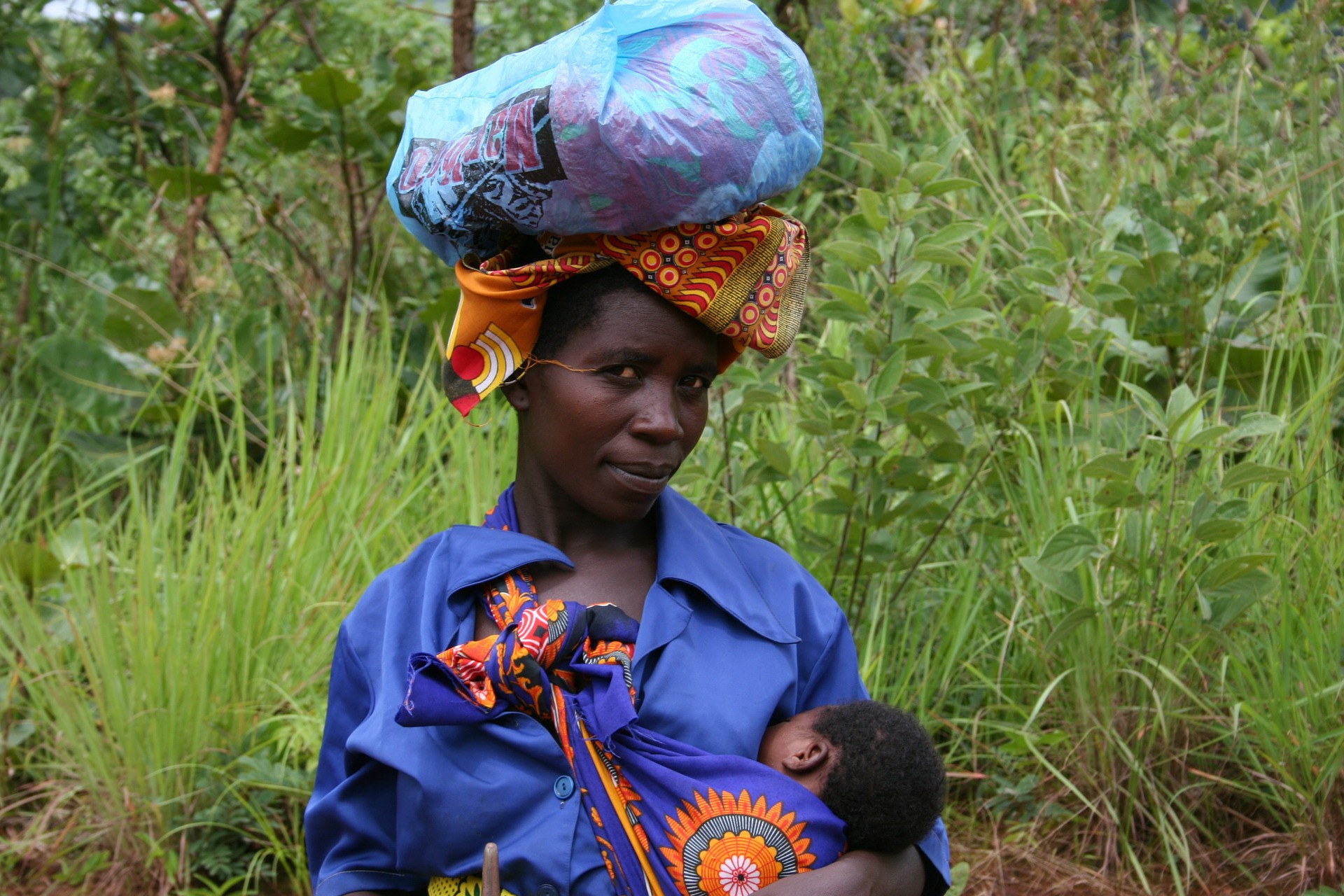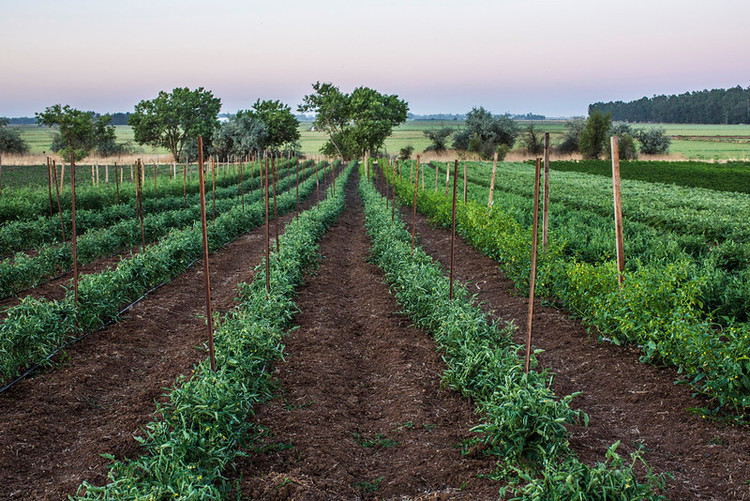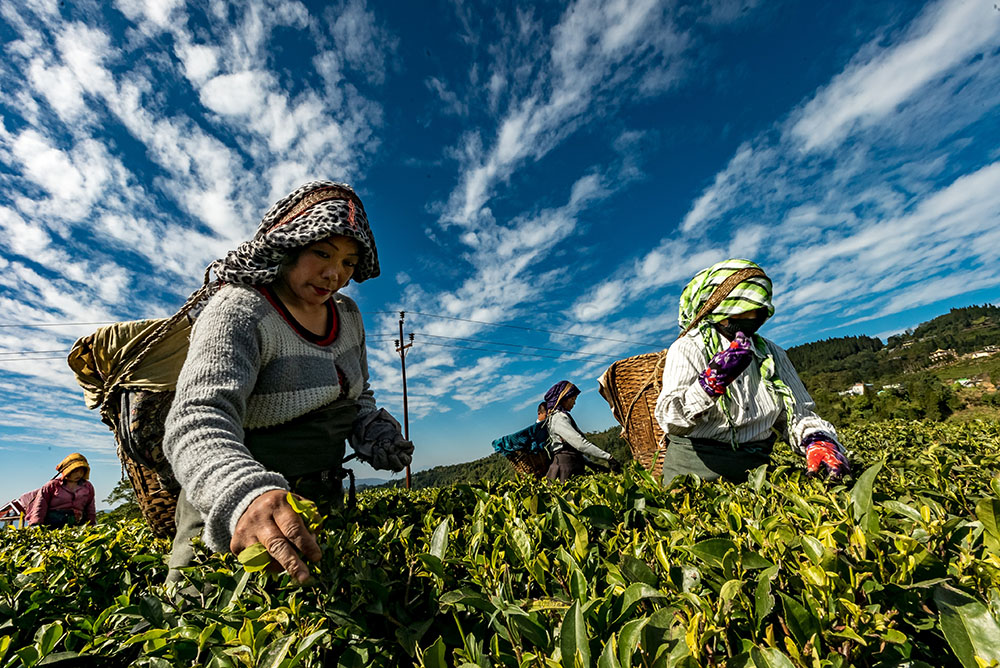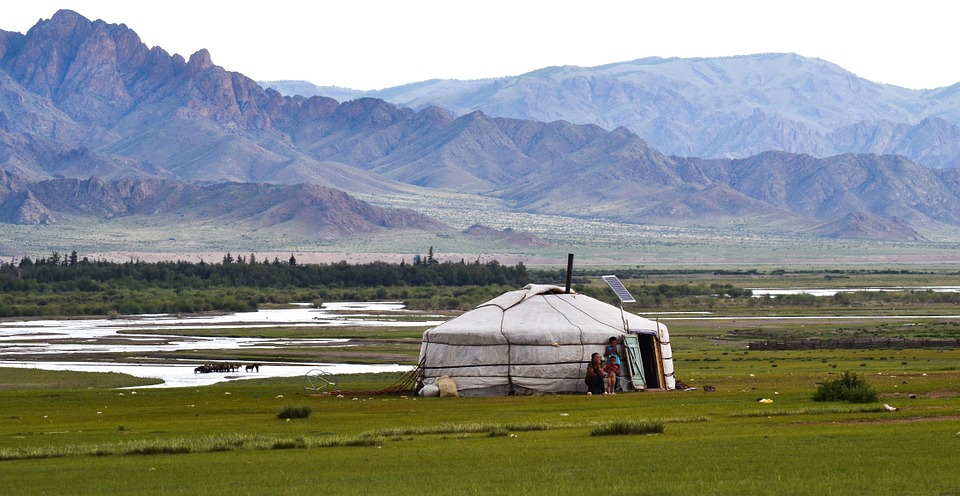In Mozambique, like in so many other parts of the world, a quiet land rights revolution is brewing, ready as ever to emerge. The end of a brutal civil war, which lasted sixteen years and ended in 1992, brought about a period of national reconstruction, with progressive reforms taking place to protect land rights and encourage rural investment. By the late 1990s, the economy had made remarkable strides, with impressive double-digit growth rates. The country’s government even went the extra mile during this time in assuring rural citizens that their customary rights to land were safe in new laws. Today, however, dissatisfaction and anger have resurged and taken hold among Mozambicans. This isn’t surprising. Despite this macro-economic “success story,” 69 per cent of Mozambicans still live below the poverty line and the Mozambican government has become firmly committed to giving away good land to foreigners. Despite this, NGOs and civil society organizations across the country refuse to stay silent on the issue. They are taking citizen concern to the streets, speaking their truth to anyone who can and will listen, debating fervently and adamantly on radio stations and television channels alike.
While land has been at the root of national uprisings such as these for centuries, we have yet to see a true global land rights revolution in the ways that we hope and wish for. We know that land rights in Mozambique, and beyond, are being threatened at alarming rates. We have read reports citing that over 1 billion people are now considered to be land insecure. We have seen the numbers regarding women’s access to land; only 20% of land in the world is owned by them. The statistics, however shocking they may be, are simply not making the cut and are not eliciting the strong reactions we hope for. The challenge that we face is this: In the age of tablets and smartphones, how do we communicate land rights in ways that are telling of the real human impacts that they have? More importantly, from Maputo to Manila, how do we create spaces, physical or virtual, that are meaningful and tangible and that allow for natural, yet thought-provoking exchange of ideas?
A recent online discussion, hosted by Centro Terra Viva an NGO that appeals for public participation in environmental management in Mozambique, and supported by the Land Portal, has provided interesting outcomes, as well as candid answers to these questions. Discussions with Manuela Wing, Coordinator of the Communication and Dissemination Unit at CTV, provided us with various insights into this:
“Mozambicans are curious about technology and online platforms to discuss their concerns with regards to land rights, and are eager to continue learning more. The truth is, however, that in person conversations, the chance to vocalize the issues that matter to us, to gage reactions and sometimes, frustrations, to come up with concrete plans of action, will always be pivotal to the way change happens here. It is steeped in a deep history and tradition of activism and social reform.”
When asked about the unfolding of the online discussion, Manuela went on to reveal to us that, in true Mozambican fashion, the virtual discussion served as the catalyst and starting point, with former online colleagues now meeting in person on a regular basis. To our astonishment, CTV has interacted with approximately 2,500 people via face-to-face meetings in the past year, with almost half of these being women. In an interesting turn of events, these face-to-face meetings are being recorded for later sharing online.
Whether in person or via the virtual corners of the internet, the truth is that all revolutions start with the exchange of groundbreaking ideas between motivated and concerned individuals. While in the Mozambican case, technology might not be the magic bullet to a land rights revolutions, working with it, can prompt all sorts of real change, led by people for people.




